The Prime Minister had made the assertion during a visit to Dhaka last year, triggering a debate over the claim. An RTI request was then filed seeking the details of his arrest, jail stay and release.
During his visit to Dhaka on Bangladesh’s 50th Independence anniversary last year, Prime Minister Narendra Modi had claimed that he had participated in the ‘satyagraha‘ in support of the country’s struggle for independence and had even gone to jail for it.
However, the Prime Minister’s Office (PMO), in response to an RTI query on the details of Modi’s arrest, lodging in jail and release, has stated that it has no record on the same.
Modi’s visit to Bangladesh was to commemorate the country’s Independence and liberation in which India had played a key and direct role. It was reported that the Prime Minister’s “historic visit is to celebrate Mujib Borsho – the birth centenary of Sheikh Mujibur Rahman; 50 years of the establishment of diplomatic ties between India and Bangladesh; and 50 years of Bangladesh’s war of liberation”.
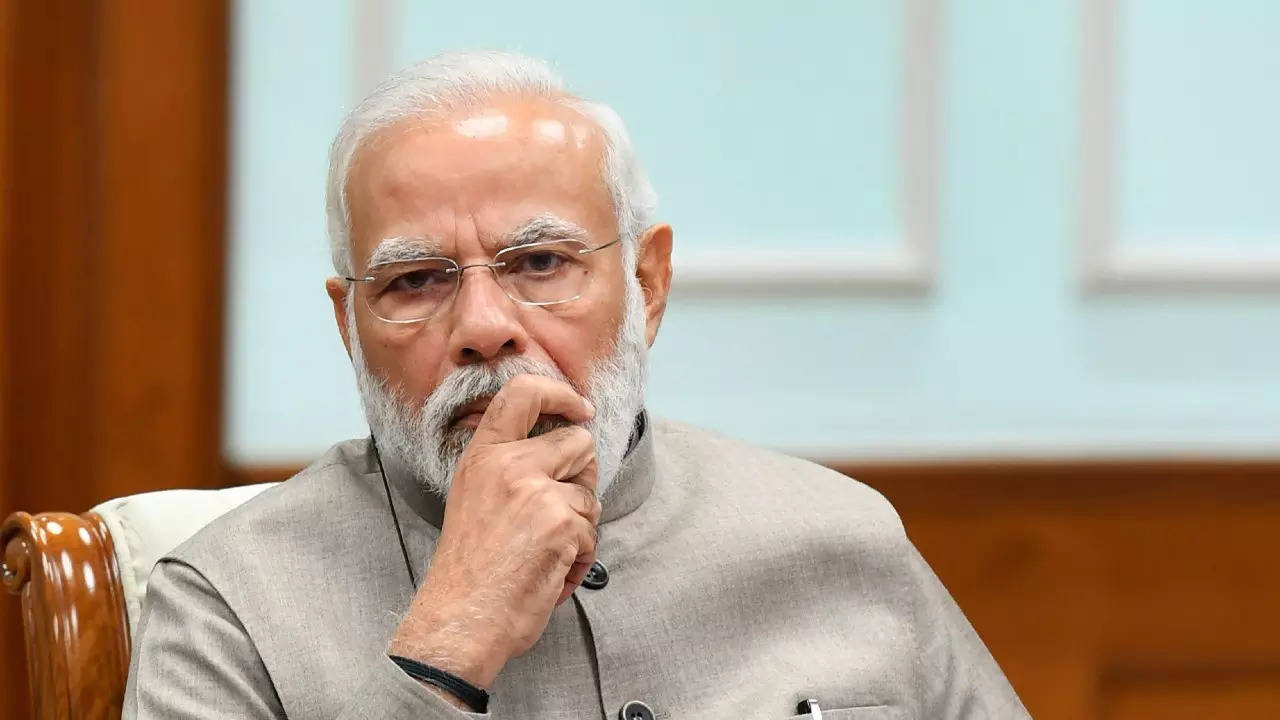
Modi’s claim
On his arrival in Dhaka, Modi visited the National Martyrs’ Memorial (Jatiyo Shohid Smriti Shoudho), the national monument of Bangladesh, at Savar, about 35 km north-west of Dhaka, to pay tributes to the valour and the sacrifice of those who gave their lives in the Bangladesh Liberation War of 1971.
Here, he was quoted as saying: “I must have been 20-22 years of age when I along with several of my colleagues offered a satyagraha in support of Bangladesh’s struggle for Independence. I courted arrest while supporting the struggle for Bangladesh’s independence and went to jail.”
The claim had triggered a debate at the time, with several of Modi’s opponents questioning its veracity. Several of Modi’s claims have been contested in the past, including those around his educational qualification and his past as a tea-seller.
Also, various decisions and claims of his around the success of the 2016 demonetisation policy, the fight against COVID-19, the PM-CARES Fund and India’s strategic moves and responses, have been questioned.
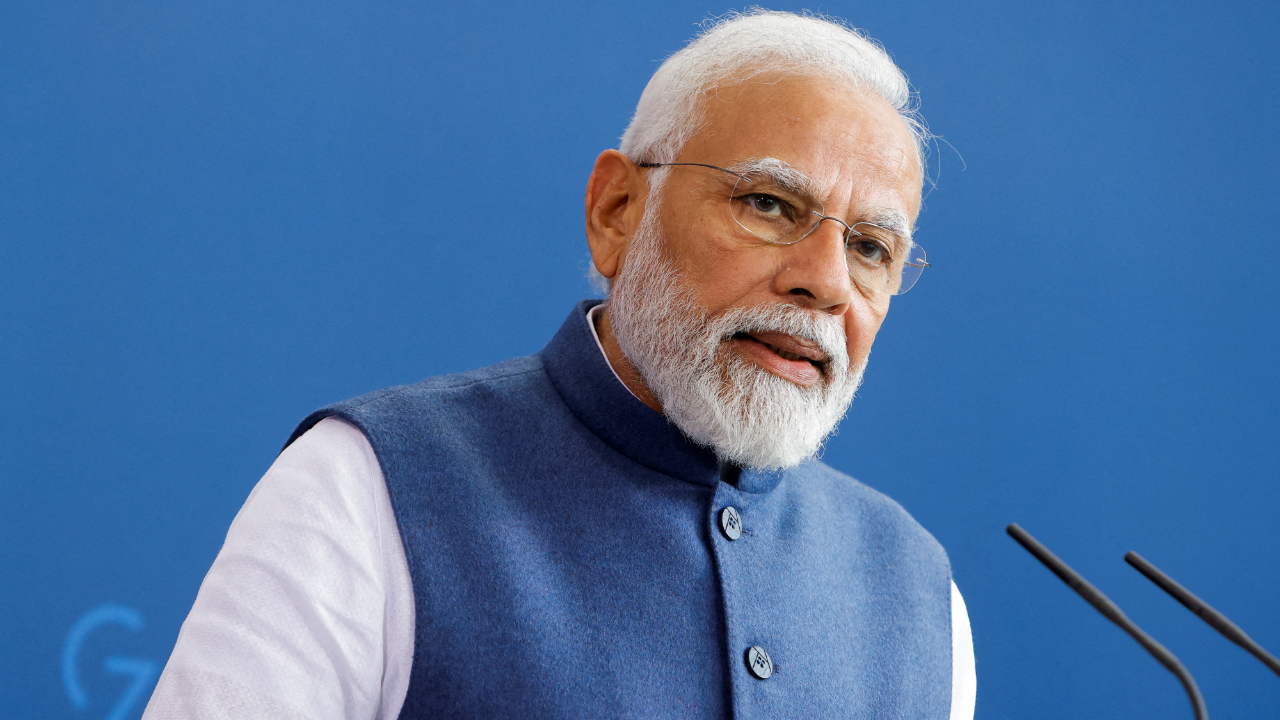
‘This Satyagraha was against India-USSR Treaty of Friendship’
In an article published in The Wire on March 27, 2021, Shuddhabrata Sengupta had written that a ‘Recognise Bangladesh Satyagraha’ movement was undertaken by the Jan Sangh in Delhi from August 1-11, 1971, which culminated in a rally to protest the India-USSR Treaty of Friendship which had been signed three days earlier, on August 9, 1971.
This treaty was a set of moves that sought to jump the gun on Bangladesh. Its primary objective was to agitate for war, despite the lack of preparation, and also to steer public opinion against the Indo-Soviet Treaty – which the Jan Sangh wanted to prove was a ‘betrayal of Bangladesh’.
The Times of India, Sengupta wrote, had reported at the time that Vajpayee spoke at a massive rally in Delhi on August 12, 1971 and said that the Indo-Soviet treaty implied ‘a conspiracy between Delhi and Moscow to deny recognition to Bangladesh’.
Sengupta wrote: “This is the ‘Satyagraha’ which Narendra Modi is claiming to have participated in. He has spoken about this in an earlier trip to Bangladesh as well – when he went to receive Bangladesh’s highest civilian award on behalf of the ailing Atal Behari Vaipayee (the citation of this award also refers to the Jan Sangh Satyagraha of August, 1971.”
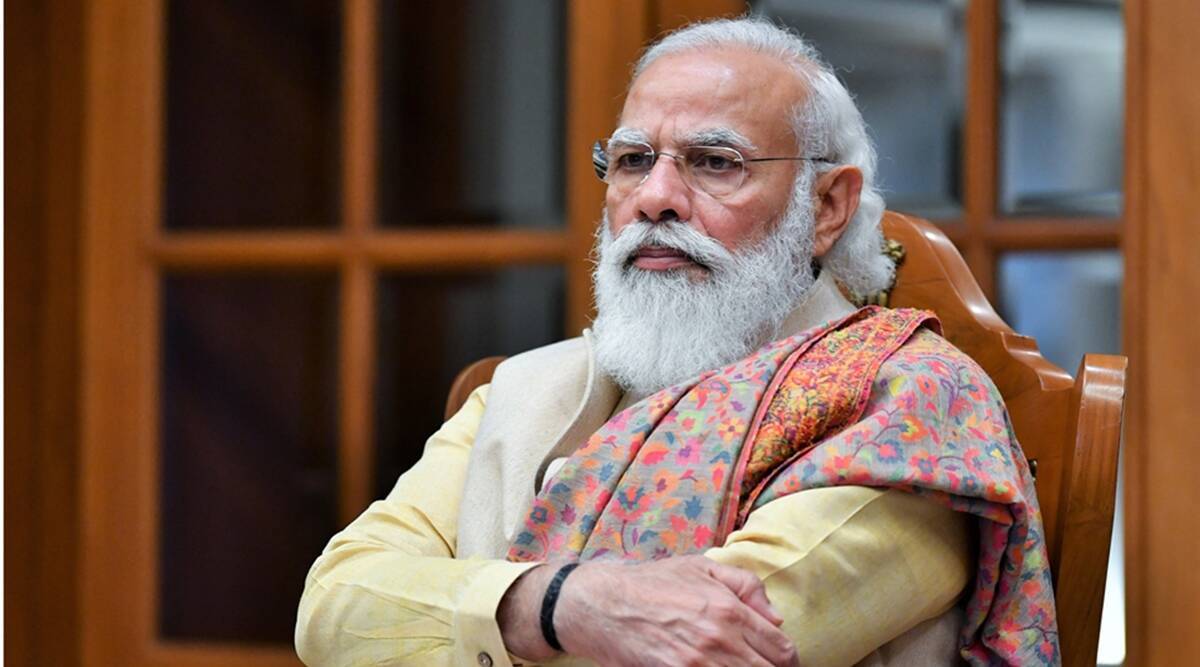
Modi’s book has similar claim in author’s bio note, but not in text
Sengupta had added that it was also being claimed that Modi actually wrote this in Sangharshma Gujarat, a book published in 1978. However, native Gujarati speakers who have read the 2000 edition of the book (available as a PDF on Modi’s website) report that the book makes no mention of this, even though ‘imprisonment in Tihar Jail due to participation in Bangladesh Satyagraha’ is mentioned, in passing, as part of the then young author’s ‘achievements’ in the short author’s bio note printed on the back cover.
It was in the midst of this debate around Modi’s claim that Jayesh Gurnani had filed his Right to Information (RTI) application with the PMO on March 27, 2021.
He had stated that the application was in regard to the Prime Minister’s address at Bangladesh’s National Day programme where he had claimed that he had an opportunity to go to jail at the age of around 20-22 years during the country’s freedom struggle. As such, Gurnani had sought information on five specific points.
The applicant had asked for certified copies of documents depicting the charges under which Modi was arrested; the FIR lodged at the concerned police station which showed him as an accused; an arrest memo or any other relevant document on his arrest; documents depicting his release from jail; and documents which showed the name of the jail where he was kept.
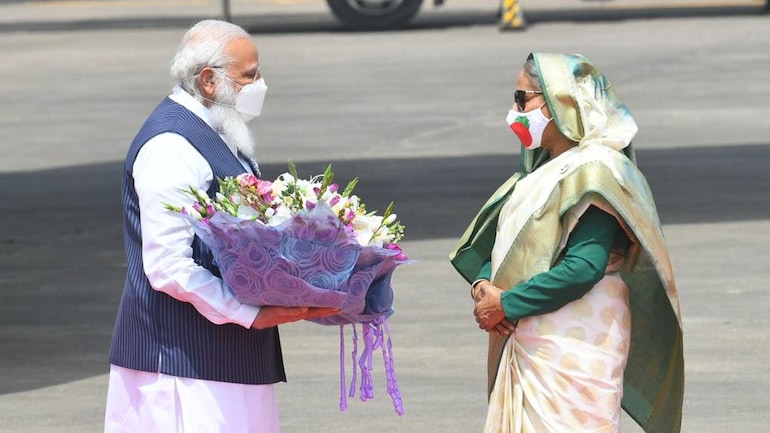
RTI sought details of Modi’s arrest, jail term and release; PMO had no direct answer
The PMO, however, was unable to provide Gurnani with any specific response. It only stated that “the information as available on records may be accessed on the PMO website under the hyperlink ‘PM’s Speeches’.” The PMO also added that it only “maintains official records of Shri Narendra Modi since he assumed the office of Prime Minister of India in 2014”.
Not satisfied with the response, the applicant had filed a first appeal with the First Appellate Authority (FAA)/Director in PMO.
The latter responded on June 15, 2021, saying that in the appeal filed on May 4, 2021, the appellant had contended that no information had been provided to him. However, the FAA said the Chief Public Information Officer (CPIO) of the PMO had provided an online response on June 4, 2021, and therefore, the appeal predated the response. As such, he disposed of the appeal, saying, “No further action is called for on your appeal.”
Gurnani then approached the Information Commission and the matter came before Chief Information Commissioner Y.K. Sinha. The Commission held a hearing in the matter through video conferencing on August 18, 2022.
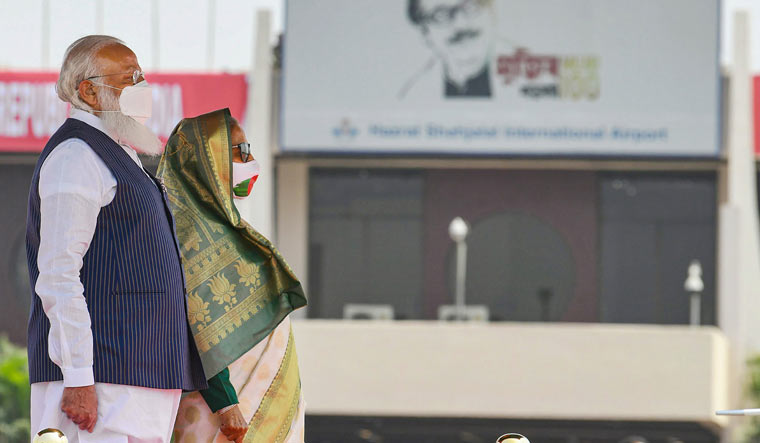
Commission said denial of information not due to ‘malafide intent’, ‘unreasonable cause’
In his order in the matter, Sinha recorded that during the hearing, the appellant said he had filed the complaint on the grounds that there was a deemed refusal in providing information since no reply was sent within the period of 30 days. The CPIO and Deputy Secretary (RTI) in the PMO attributed the delay in replying to the RTI application and the first appeal to the onset of the COVID-19 pandemic, saying it hampered the administrative functioning of their organisation.
Sinha noted in his order that the Commission was only required to ascertain if the information has been denied with a malafide intent or due to an unreasonable cause, which it was unable to conclude in the present instance. As such, he disposed of the appeal.













